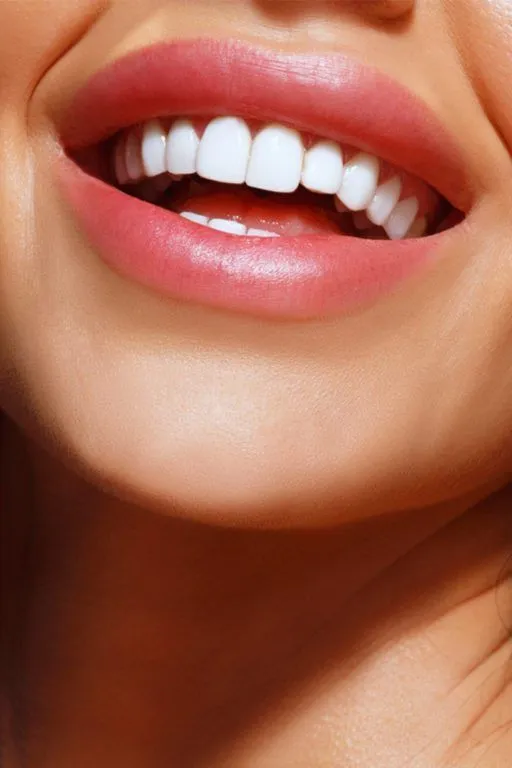
- Brush Regularly: Brush your teeth at least twice a day with fluoride toothpaste. This helps remove plaque, bacteria, and food particles that can lead to decay.
- Floss Daily: Flossing is essential for removing plaque and food debris from between your teeth and along the gumline, where your toothbrush can’t reach.
- Use Mouthwash: Rinse with an antimicrobial mouthwash to help reduce plaque, fight bacteria, and freshen your breath. Look for a mouthwash that contains fluoride for added protection against cavities.
- Limit Sugary Foods and Drinks: Sugary snacks and beverages can contribute to tooth decay. Try to limit your intake of sugary treats and opt for healthier alternatives like fruits and vegetables.
- Drink Water: Drinking water helps rinse away food particles and bacteria, while also promoting saliva production, which helps neutralize acids in the mouth and remineralize teeth.
- Eat a Balanced Diet: A diet rich in calcium, phosphorus, and vitamin C is essential for maintaining strong and healthy teeth. Incorporate dairy products, leafy greens, nuts, and fruits into your meals.
- Avoid Tobacco Products: Smoking and using other tobacco products can stain your teeth, cause bad breath, and increase your risk of gum disease and oral cancer. Quitting tobacco can greatly improve your oral health.
- Protect Your Teeth: Wear a mouthguard when participating in sports or activities that could result in dental injuries. Also, avoid using your teeth as tools to open packages or bottles, as this can lead to chips, cracks, or fractures.
- Visit Your Dentist Regularly: Schedule regular dental check-ups and cleanings every six months or as recommended by your dentist. These visits allow your dentist to detect any issues early and provide necessary treatment.
- Practice Good Oral Hygiene Habits: In addition to brushing and flossing, consider using interdental brushes, tongue scrapers, or water flossers to clean hard-to-reach areas and maintain optimal oral hygiene.